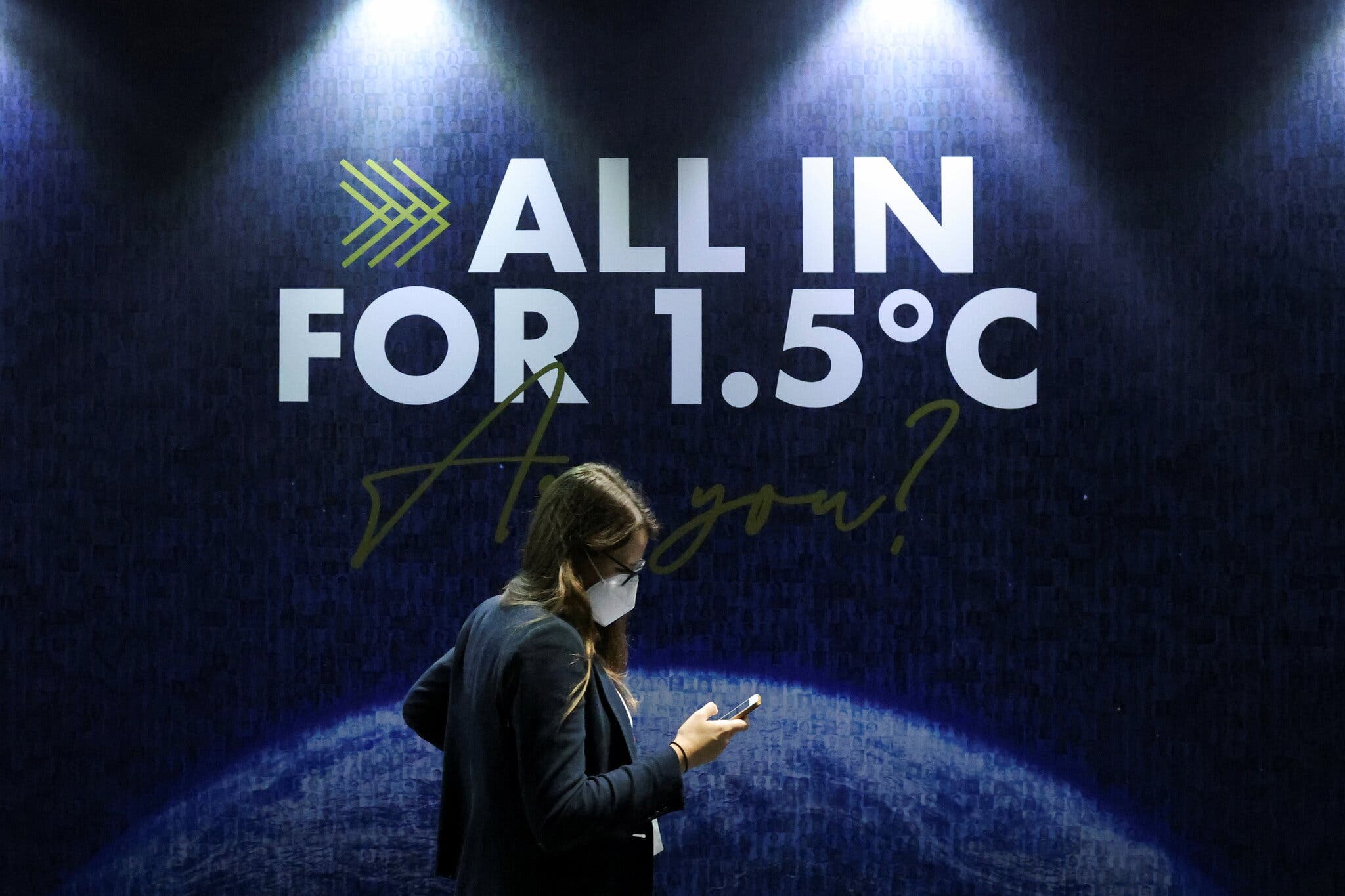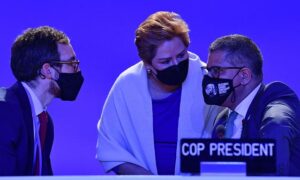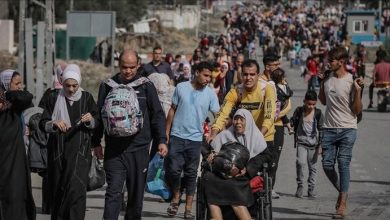COP26 climate talks go into overtime

The UN climate conference in Glasgow, Scotland, has been postponed. The conference was scheduled to unveil on Friday evening, local time. But the BBC reports that the talks are still going on after six o’clock. The negotiators are still arguing over some of the terms in the agreement. This raises the possibility of taking urgent and effective steps to address the climate crisis in a timely manner.
But one negotiator told the BBC he believed delegates would continue to try to reach a final deal until late at night. If necessary, this discussion can be held till tomorrow.
It is not uncommon for the COP climate conference to run out of time. Even before that, there was a history of delays in the final agreement.
COP president Alok Sharma has already canceled the press conference twice. He was scheduled to hold a press conference on the climate conference on Friday afternoon. But the press conference was canceled because the negotiators were still arguing.
Meanwhile, before the end of the conference, the Prime Minister of the United Kingdom Boris Johnson said to the world leaders, “This is the moment.”
Johnson added on Friday afternoon at the end of London, “Negotiators need to understand the terms of the agreement. We need to find a way to agree to this. Otherwise, we’re in danger of blowing it up. ”
As negotiators worked past the final planned hours of the COP26 global climate conference, protests broke out as agreements were being finalized.
Two weeks of U.N. COP26 climate talks in Glasgow blew past a deadline on Friday as the conference president called on countries to make a final push to secure commitments that would rein in the rising temperatures that threaten the planet.

Sticking points include subsidies for coal and other fossil fuels, and financial help to poorer nations.
On Friday, envoys from small island nations threatened by rising sea levels said their land was fast disappearing.
The conference president, Alok Sharma, urged an injection of “can-do spirit”.
The goal of the conference is to save the world from the worst impacts of climate change. Simon Stiel, the climate minister for the island of Grenada, said, “We owe our children, our grandchildren. This is critical.”
World Resource Institute Director David Waskow noted there is an increasing scarcity of water. “How do you deal with potential effects of severe weather events?”
Those events could include entire communities getting wiped out by rising sea levels and severe storms, as well as heat and droughts so extreme they’re impacting global food and water supplies.
“We need to make sure major emitters reduce their emissions so that we keep 1.5 alive,” said European Commission Vice President Frans Timmermans.
Some countries are reluctant to commit to ending the use of coal and stopping subsidies for other fossil fuels. COP26 negotiators also struggled to get commitments to fund two different global initiatives.
One would double the funds to help developing nations pay for infrastructure needed to deal with climate change.
“This is personal,” Timmermans said. “This is not about politics.”
The more contentious fund would ensure that countries that cause the most emissions — like the United States — pay a combined $100 billion a year for the loss and damage developing nations suffer from climate change because those nations created the least emissions.
Mr Sharma said a formal plenary to adopt the final decisions of the summit would be held on Saturday afternoon.





